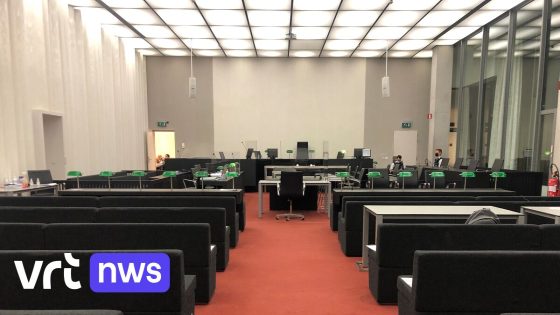The Asantehene has destooled the chief of Ohwim, Nana Kusi Baaye II, due to serious allegations. This significant decision was made during a recent Kumasi Traditional Council meeting, where multiple charges against the chief were discussed.
- Chief of Ohwim destooled by Asantehene
- Accusations include extortion and illegal mining
- Reckless invocation of Asantehene’s Great Oath
- Family members testified against the Ohwimhene
- Allegations of selling family lands illegally
- Chief opposed queen's enstoolment and rites
Nana Kusi Baaye II’s 16-year reign came to an abrupt end, raising questions about leadership integrity in the Ashanti Region. What does this mean for traditional governance in Ghana?
Asantehene’s Decision to Destool Ohwimhene Raises Concerns About Leadership Integrity
What happens when a chief loses the trust of the community? The Asantehene’s destoolment of Nana Kusi Baaye II serves as a reminder of the importance of accountability in traditional leadership. The chief faced accusations ranging from extortion to illegal mining, ultimately leading to his removal. This situation underscores the need for transparency and ethical conduct among leaders.
Multiple Allegations Against Nana Kusi Baaye II Spark Outrage
The allegations against Nana Kusi Baaye II are alarming. They include extortion, unauthorized land sales, and involvement in illegal mining activities. His actions not only jeopardized community resources but also disrespected the sacred traditions of the Ashanti people.
Key Allegations Leading to Destoolment of Ohwimhene
Several serious charges were presented against the chief, revealing a troubling pattern of behavior:
- Extortion in chieftaincy matters.
- Unauthorized sales of land, including cemetery land.
- Involvement in illegal mining (galamsey) activities.
- Failure to perform traditional rites due to personal beliefs.
Community Impact of Leadership Misconduct in Ghana
The destoolment of a chief can have far-reaching effects on a community. It raises questions about the integrity of leadership and the values upheld by traditional authorities. When leaders engage in misconduct, it can erode trust and disrupt the social fabric of the community.
Restoring Trust in Traditional Leadership
To rebuild trust, communities must demand accountability from their leaders. This incident serves as a call to action for both the traditional council and the public to ensure that leaders adhere to ethical standards. How can communities work together to promote transparency and integrity in leadership?
In conclusion, the recent destoolment of Nana Kusi Baaye II emphasizes the critical need for ethical leadership in Ghana’s traditional governance. As communities reflect on this event, it is essential to prioritize accountability and uphold the values that define their heritage.
























!["Things Fall Apart" for Gyan-Mensah during vetting [VIDEO]](https://news.faharas.net/wp-content/uploads/2025/02/Chaos-Unfolds-Gyan-Mensah-Faces-Intense-Scrutiny-During-Vetting-Process-VIDEO-230x129.jpg)







